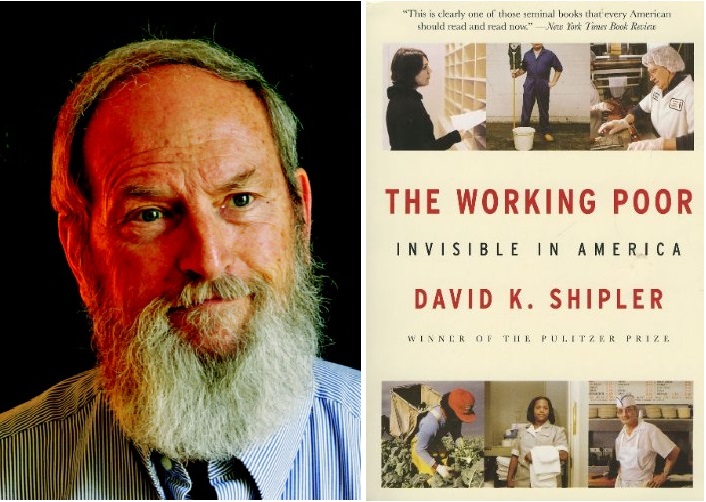A manager at Barnes & Nobles told me that this was a great book because it shifted blame for the problems of the poor onto the poor, thus holding them accountable and providing room for personal responsibility. Hardly a compelling case for me! So for a long time, I didn’t read it. But now I have, and what the B&N guy said was a gross oversimplification and misreading. Rather, what Shipler does is link the formation and transmission of emotional and psychological problems to systemic problems, showing how they interplay to form patterns of poverty. I.e., growing up poor puts people at risk, while being white, coming from stable families, having good health, speaking English, and having role models are all things that can lessen risk, though even then it’s precarious. It’s not about personal responsibility: it’s about the formation of personal and political in each other. The writing and the stories are great. It’s such a good book that I wonder how some asshole like that B&N manager could come away from it with entirely the wrong conclusions.
Read Dec. 2007
